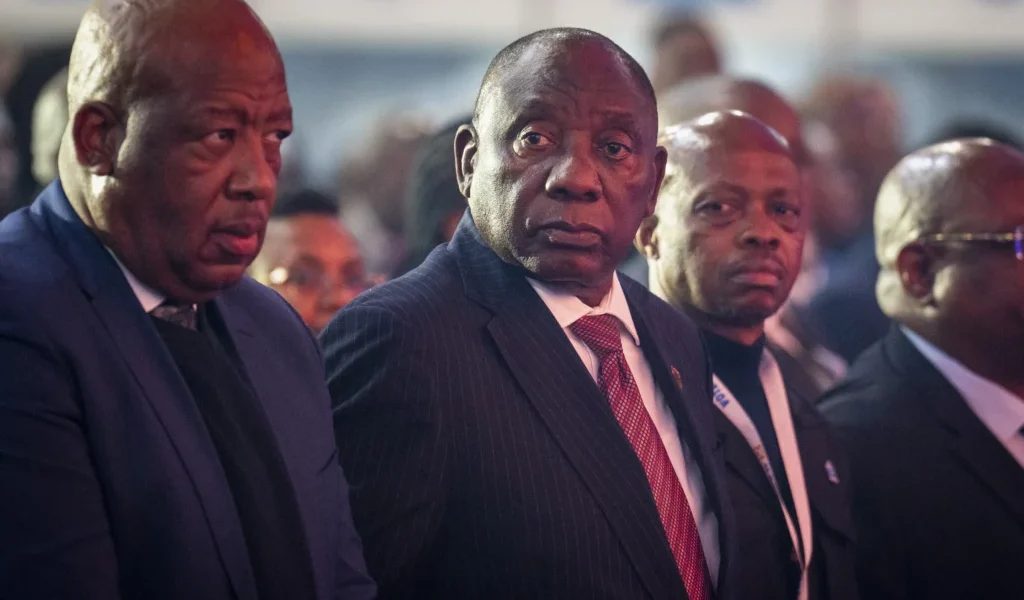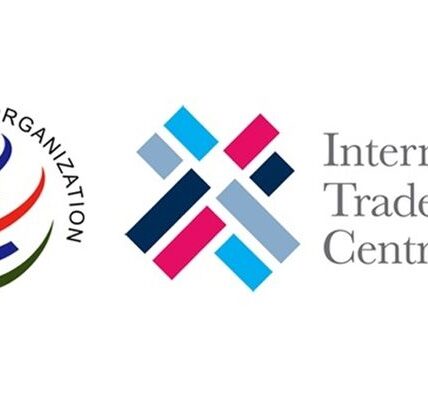
SOUTH Africa was on edge Monday as the African National Congress (ANC) prepared to announce its coalition partner after losing its majority in last week’s election for the first time in 30 years. This historic loss comes as voters, frustrated by joblessness, inequality, and frequent power outages, gave the ANC just 40.2 percent of the vote, down from 57.5 percent five years ago.
Despite receiving the largest share of votes, the ANC now faces the unprecedented task of forming a coalition government to maintain control. ‘This moment in our country calls for responsible leadership and constructive engagement,’ President Cyril Ramaphosa said in his weekly newsletter on Monday.
The ANC’s potential coalition partners range widely in their political views, from the free-market Democratic Alliance (DA) to the radical Economic Freedom Fighters (EFF) and uMkhonto we Sizwe (MK), both of which advocate for the nationalisation of mines and banks and land redistribution.
‘We would work with anyone who wants to work with us but not with a cap in the hand,’ ANC Secretary-General Fikile Mbalula stated late Sunday after the official results were announced.
A working committee of 27 ANC officials is scheduled to meet Monday to draft a presentation on coalition options for the National Executive Committee, which will convene Tuesday. Under the constitution, the newly elected parliament must convene within two weeks of the results being declared to choose the nation’s next president.
Publicly, ANC officials have rallied around Ramaphosa, but he may face internal pressure or opposition from potential coalition partners. ‘It is going to be very difficult coalition negotiations, even more so for the ANC because of its internal contradictions,’ said Zwelinzima Ndevu, director of the School of Public Leadership at Stellenbosch University.
Ndevu noted there would be significant resistance within the ANC to a coalition with the DA, which received 21.8 percent of the vote. If this proves insurmountable, the likeliest partners would be the EFF, which received 9.5 percent, and the Inkatha Freedom Party, which got 3.6 percent.
A new player in the political landscape, MK, led by former President Jacob Zuma, received 14.6 percent of the vote. Zuma, a divisive figure who remains popular in his home province of KwaZulu-Natal, has become a staunch critic of Ramaphosa since being forced to resign in 2018 amid scandals.
‘I don’t see anything happening with MK,’ said Ndevu. Despite its strong showing, MK has indicated it might challenge the election results in court. Analysts fear Zuma’s party could incite unrest if his supporters reject the results, recalling the riots that followed his arrest for contempt of court in 2021.
In his newsletter, Ramaphosa urged South Africans to stand firm against any attempts to undermine the constitutional order, stating, ‘There can be no place for threats of violence or instability.’













